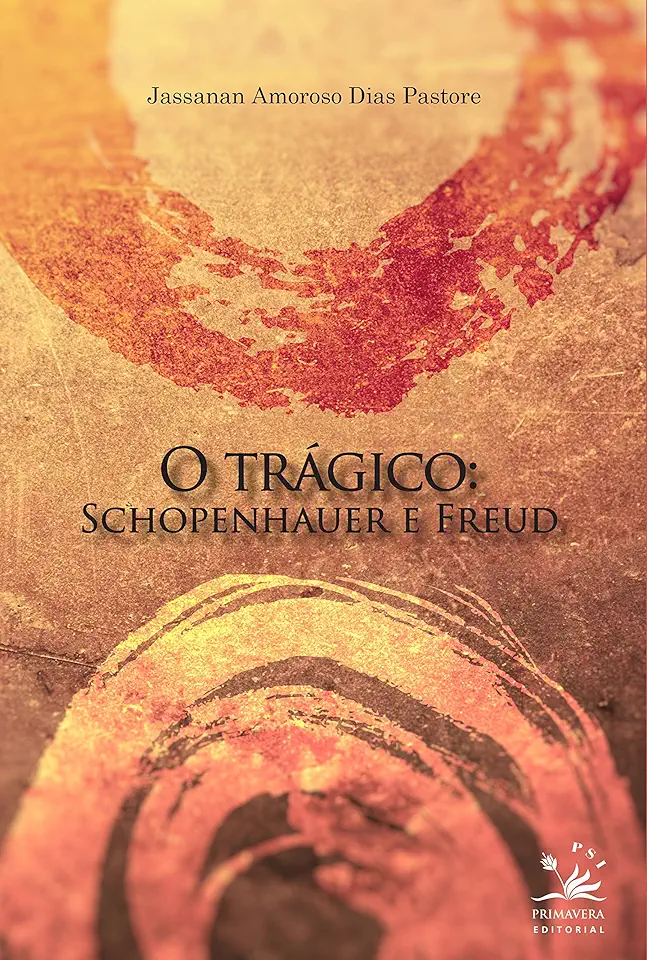
Tragic Schopenhauer and Freud - Jassanan Amoroso Dias Pastore
Tragic Schopenhauer and Freud: A Comparative Study of Their Philosophies
Introduction
In his book "Tragic Schopenhauer and Freud: A Comparative Study of Their Philosophies," Jassanan Amoroso Dias Pastore presents a compelling comparison of the philosophical ideas of Arthur Schopenhauer and Sigmund Freud. Pastore argues that both thinkers shared a tragic vision of human existence, but that they differed in their explanations of the sources of human suffering and their prescriptions for overcoming it.
Schopenhauer's Tragic Vision
Schopenhauer believed that the world is fundamentally irrational and that human existence is inherently tragic. He argued that the human will is constantly striving for satisfaction, but that it can never be truly satisfied. This leads to a cycle of desire, frustration, and suffering.
Schopenhauer also believed that the world is filled with suffering, and that this suffering is an essential part of human existence. He argued that the only way to escape suffering is to renounce the will to live.
Freud's Tragic Vision
Freud also believed that human existence is tragic, but he attributed the sources of human suffering to different factors than Schopenhauer. Freud argued that human suffering is caused by the conflict between the id, the ego, and the superego. The id is the impulsive, pleasure-seeking part of the mind, while the ego is the rational, reality-oriented part of the mind. The superego is the moral, ethical part of the mind.
Freud believed that the conflict between these three parts of the mind leads to anxiety, guilt, and other forms of psychological distress. He also argued that human beings are inherently destructive and that this destructiveness is the root of much of the suffering in the world.
Comparison of Schopenhauer and Freud
Pastore argues that Schopenhauer and Freud shared a tragic vision of human existence, but that they differed in their explanations of the sources of human suffering and their prescriptions for overcoming it. Schopenhauer believed that the world is fundamentally irrational and that the only way to escape suffering is to renounce the will to live. Freud believed that human suffering is caused by the conflict between the id, the ego, and the superego, and that the only way to overcome suffering is to gain insight into the unconscious mind and to resolve the conflicts that exist there.
Conclusion
Pastore's book is a valuable contribution to the study of Schopenhauer and Freud. He provides a clear and concise overview of their philosophies and he draws insightful comparisons between their ideas. This book is essential reading for anyone interested in the philosophy of Schopenhauer and Freud, or in the study of human suffering.
Why You Should Read This Book
If you are interested in the philosophy of Schopenhauer and Freud, or in the study of human suffering, then you should read this book. Pastore provides a clear and concise overview of their philosophies and he draws insightful comparisons between their ideas. This book is essential reading for anyone interested in these topics.
Here are a few reasons why you should read this book:
- It provides a comprehensive overview of Schopenhauer and Freud's philosophies.
- It draws insightful comparisons between their ideas.
- It is written in a clear and concise style.
- It is essential reading for anyone interested in the philosophy of Schopenhauer and Freud, or in the study of human suffering.